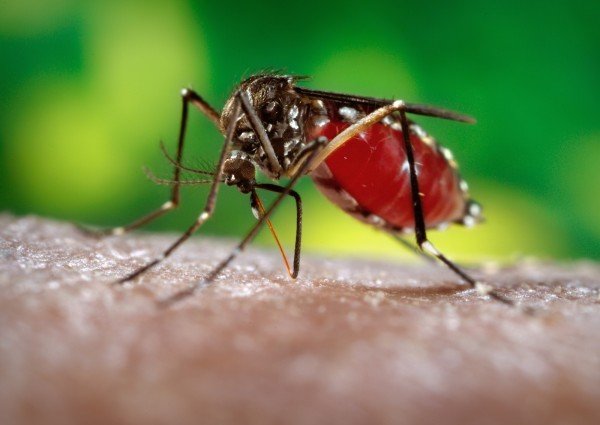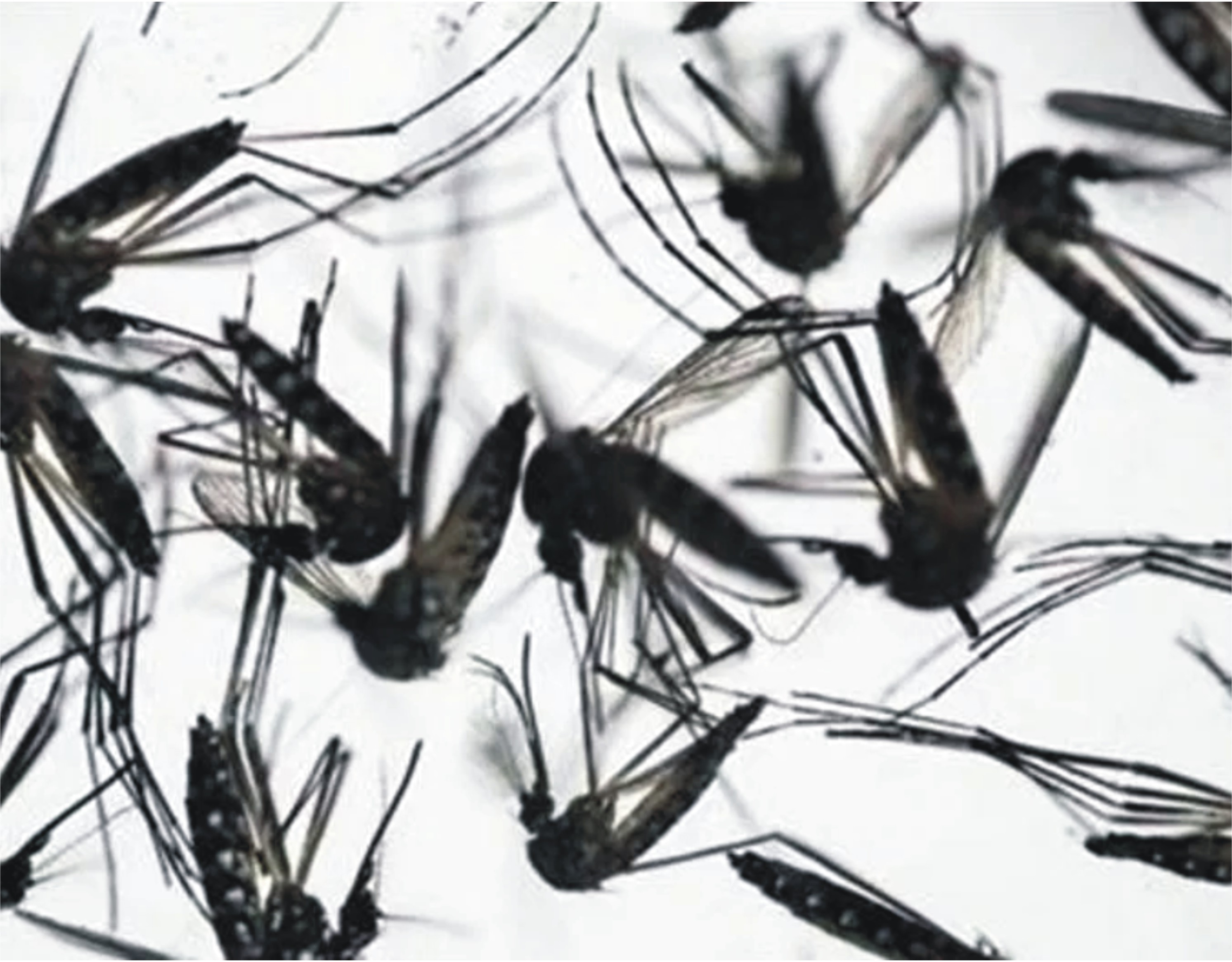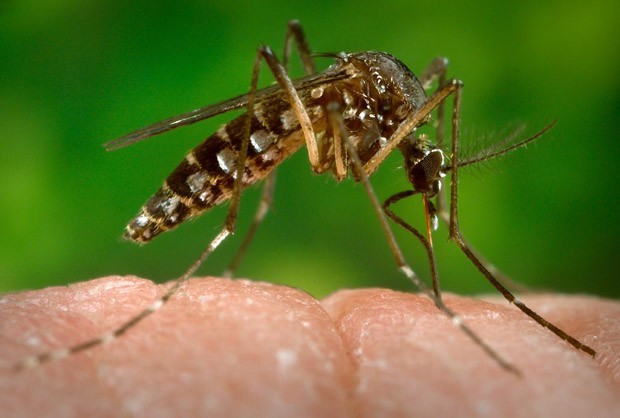…as infection hits 21 countries
By OKOSUN DENNIS
The world is at the verge of combating another disease as Zika virus has been confirmed in South American countries of Columbia and Brazil according to reports of a team of researchers at the University of Wisconsin-Madison and Universidad de Sucre in Colombia carried out in October but published on Tuesday.
The reports published on January 26, 2016 in the journal:Emerging Infectious Diseases; revealed the disease trajectory that started with nine positive patients has spread to more than 13,000 infected individuals in that country.
There is currently no vaccine or drug available to prevent an infection.
Zika virus is spread among humans via mosquitoes. It causes illness characterized like many other viral infections by fever, rash and joint pain. Officials estimate that four out of five people who contract the virus do not get sick and the virus is rarely fatal.
Zika virus is said to be transmitted by daytime-active mosquitoes and has been isolated from a number of species in the genus Aedes Aegypti. The incubation period in mosquitoes is about 10 days and the vertebrate hosts of the virus are primarily monkeys and humans.
Worst affected with tremendous implications are pregnant women who have been advised not to give birth for at least two years to stem control of infections.
According to the Pan American Health Organisation (PAHO) countries and territories that have been identified as having experienced “local Zika virus transmission” are Barbados, Bolivia, Brazil, Colombia, the Dominican Republic, Ecuador, El Salvador, French Guiana, Guatemala, Guadeloupe, Guyana, Haiti, Honduras, Martinique, Mexico, Panama, Paraguay, Puerto Rico, Saint Martin, Suriname, and Venezuela.
The study revealed that pregnant women in Brazil infected with Zika have given birth to babies with small heads and underdeveloped brains, a condition called microcephaly.
“Colombia is now only second to Brazil in the number of known Zika infections,” says study lead author Matthew Aliota, a research scientist in the UW-Madison School of Veterinary Medicine (SVM).
“If you’re pregnant or planning on being pregnant, absolutely, cancel your vacation,” says Aliota, echoing the Centers for Disease Control and Prevention warning that pregnant women not travel to the more than 20 countries now known to have active Zika transmission, like Brazil, Colombia, Ecuador and in the Caribbean where mosquitoes are spreading the virus to people.
It was learnt that a team of researchers which includes Jorge Osorio, Professor of pathobiological sciences at SVM, and two visiting doctoral students from Colombia, tested samples from 22 patients for the genetic fingerprints of Zika, dengue and chikungunya viruses.
Nine were said to have come back positive for Zika virus. At the moment, 13,500 cases have been identified in Colombia.
It would be recalled that Zika virus was first found in Uganda in 1947 but remained limited to Africa and Southeast Asia for decades. But in 2007, an outbreak occurred in the Pacific Islands and recently the virus began to spread in the Western Hemisphere.

 Entertainment6 days ago
Entertainment6 days ago
 Health1 week ago
Health1 week ago
 Health4 days ago
Health4 days ago
 Football1 week ago
Football1 week ago
 Football1 week ago
Football1 week ago
 Crime4 days ago
Crime4 days ago
 Education6 days ago
Education6 days ago
 Crime1 week ago
Crime1 week ago





